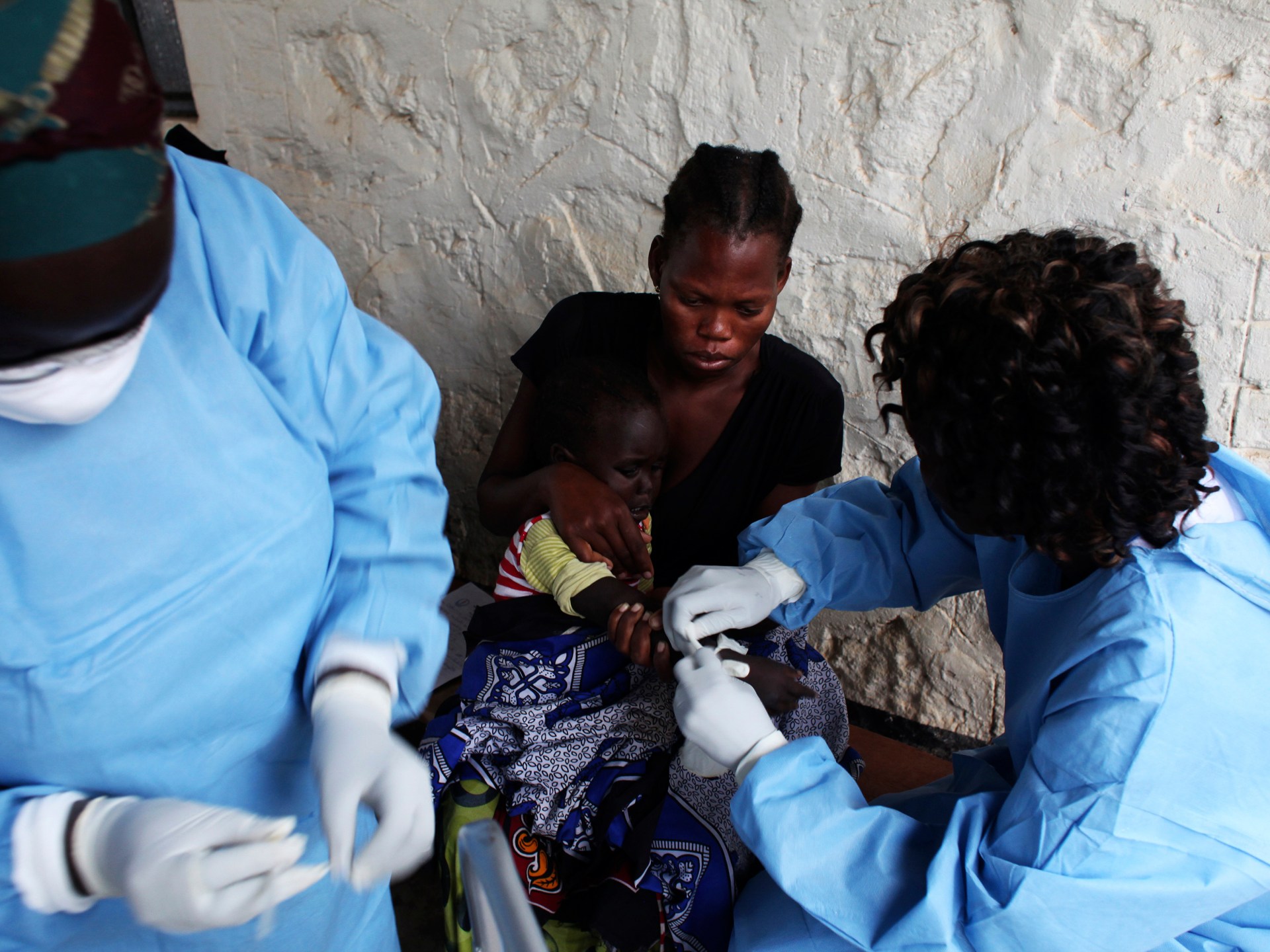Doctors Without Borders says fears growing that outbreak will spread from Upper Nile state to surrounding areas.
An outbreak of cholera in South South is “rapidly escalating”, a humanitarian group has warned, more than a month after the first suspected case was detected.
Doctors Without Borders, known by its French acronym MSF, said on Friday that a total of 737 cholera cases were reported in Malakal, the capital of South Sudan’s Upper Nile state.
“The situation in Malakal remains critical, and we are concerned that the outbreak is spreading to neighbouring areas such as Tonga and Kodok,” Zakaria Mwatia, MSF’s head of mission in the country, said in a statement.
Cholera is an acute form of diarrhoea that is treatable with antibiotics and hydration, but can kill within hours if left untreated.
It is caused by a germ that is typically transmitted through a lack of access to sanitation. People become infected when they swallow food or water carrying the bug.
A #cholera outbreak in #SouthSudan demands urgent action!
Doctors Without Borders has opened a 20-bed treatment unit at Renk Civil Hospital.
We urge all organizations in Upper Nile State to help prevent the disease’s spread. pic.twitter.com/a6lPaQ7KSO
— Doctors Without Borders / Médecins Sans Frontières (@MSF_canada) December 5, 2024
In Friday’s statement, MSF said that its teams had set up a 100-bed cholera treatment centre near Malakal Town Hospital, but “significant gaps remain”, particularly in water and sanitation.
“We have been stretched thin in our response as we have had to expand our efforts to address critical gaps,” Mwatia added.
As of December 3, South Sudan had reported 1,526 suspected and confirmed cholera cases, MSF said.
The outbreak was initially declared in late October in Renk, another town in Upper Nile State that serves as a “major entry point for refugees and returnees from Sudan“.
More than 850,000 people have crossed from Sudan into South Sudan over the past 18 months, according to MSF.
“The ongoing influx of refugees and returnees into South Sudan continues to pose risks to the already fragile situation and puts additional pressure on an already much-overstretched health system,” the group added.
The UN said last month it had secured more than 280,000 doses of oral cholera vaccine to be rolled out in transmission hotspots, saying the outbreak was driven by limited access to safe drinking water and poor sanitation.
One of the poorest countries in the world, South Sudan has struggled since gaining independence from Sudan in 2011 amid violence, endemic poverty and natural disasters.
